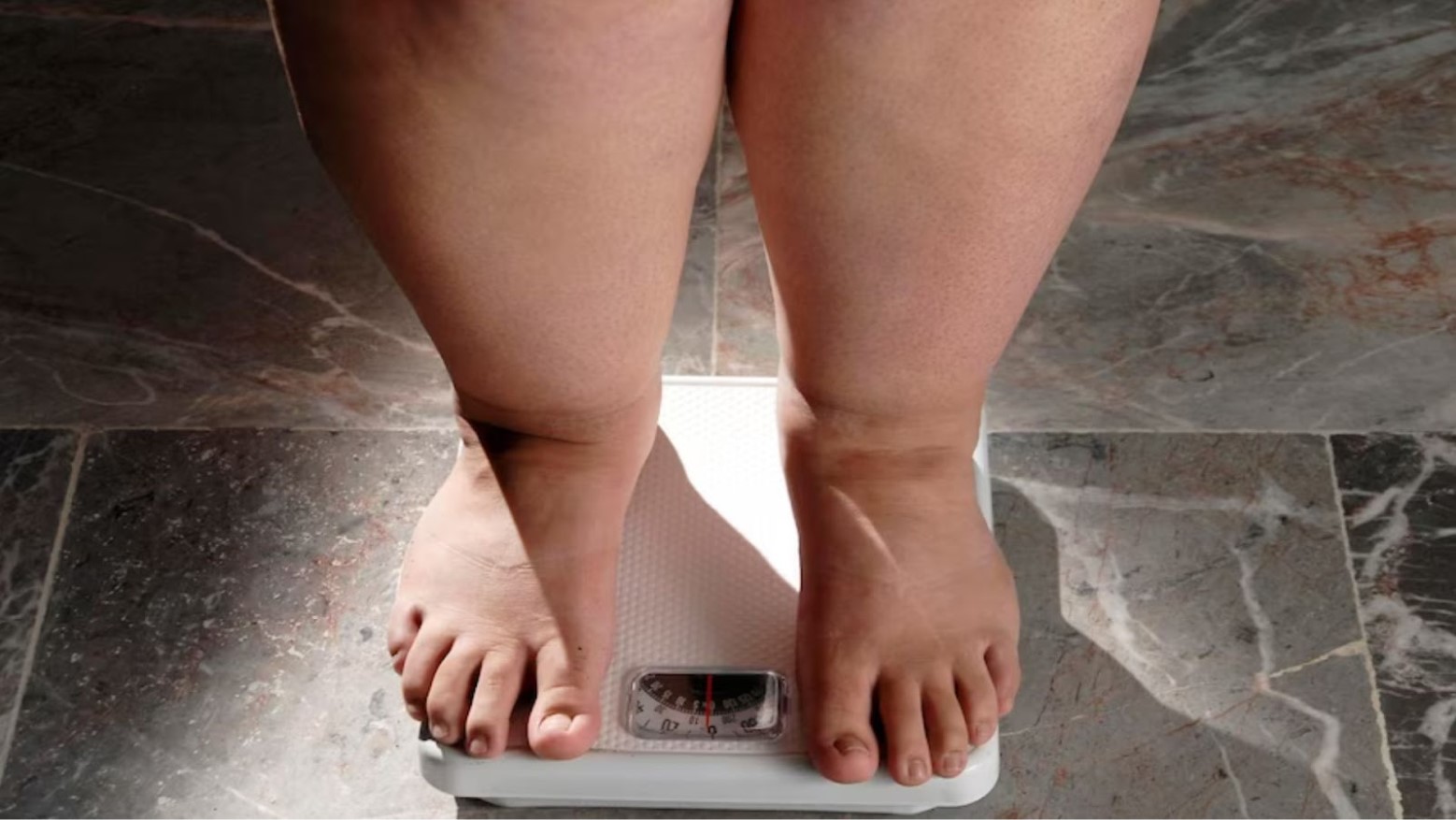The obesity epidemic among children in the U.K. is setting off alarms, with startling statistics indicating that over a third are overweight by the time they conclude their primary education. This not only poses immediate health risks but also forecasts a potentially grim future plagued by chronic diseases.
The necessity for early and effective intervention has never been more critical, as these conditions can have long-lasting impacts on children’s health and well-being.
The Doctor’s New Role

In an unexpected shift, family doctors are now finding themselves in the kitchen, metaphorically speaking. They’re tasked with educating parents on the basics of cooking healthy meals — a role far removed from their traditional medical duties (via The Daily Mail).
This change highlights a pressing issue: the lack of specialized services available to address childhood obesity and its direct impact on general practitioners’ responsibilities.
The Birmingham Study Reveals

A study conducted by the University of Birmingham illuminates this unconventional approach, revealing that health care professionals are increasingly offering dietary and cooking advice to combat childhood obesity.
This initiative, while commendable, highlights a significant gap in the health care system’s ability to provide comprehensive support to families navigating the challenges of healthy eating.
Challenges for Health Care Professionals

Health care workers are voicing their struggles, pointing out the dire lack of time, training, and resources dedicated to nutritional guidance (via The American Journal of Clinical Nutrition).
This shortfall makes it incredibly difficult for them to offer the kind of support that could make a meaningful difference in the dietary habits of the families they serve, hampering their efforts to tackle childhood obesity head-on.
A Call for Cooking Skills

One health care professional recounted, “I had one mum, and her child was overweight, but she was a young parent, and she actually didn’t know how to cook the dinners. We spent a lot of time with her giving her worksheets, how to cook, make potato and beans rather than going to the fish and chip shop” (via the University of Birmingham).
This statement exemplifies the practical steps some doctors are taking to fill the educational void in cooking skills.
Education vs. Reality

The diminishing emphasis on cooking education within schools has left a noticeable void, contributing to a generation of parents possibly ill-equipped with the necessary skills to prepare healthy meals at home (via Longer Tables).
This shift away from teaching essential life skills such as cooking has significant implications for dietary habits, inadvertently contributing to the rising rates of childhood obesity.
Cultural Considerations

Addressing obesity and dietary habits requires a sensitive and nuanced approach, especially considering the diverse cultural backgrounds of families.
Health care professionals emphasize the importance of respecting cultural differences when discussing dietary choices and weight, which adds another layer of complexity to their already challenging role in managing childhood obesity (via HHS Public Access).
Obesity Figures Paint a Stark Picture

According to the study, in the academic year 2022/23, the obesity rate among year 6 pupils was reported at over 22%, with the combined figure for overweight and obese children reaching 36.6%.
These statistics highlight the severity of the obesity crisis among children in the U.K., underscoring the urgency of addressing this issue comprehensively and effectively.
Expert Opinions

Tam Fry, chair of the National Obesity Forum, said, “It is pitiful that doctors are having to teach their patients cooking skills because millions of U.K. families have no idea of how to prepare a healthy meal” (via The Daily Mail).
This sentiment echoes the broader concern that the responsibility of imparting cooking skills has inadvertently fallen upon health care professionals, a role they are neither trained for nor should be expected to fulfill.
A Multifaceted Approach Needed

Miranda Pallan, Professor of Child and Adolescent Public Health, who led the study, said, “While we should not expect doctors to be spending lots of time teaching families how to cook healthy, balanced meals, the study does highlight that health care professionals need more support and dedicated time to enable them to give practical advice and in some cases refer to more specialist services.”
This statement calls for a systemic change to provide health care professionals with the resources they need to address childhood obesity more effectively.
The Path Forward

Addressing childhood obesity requires a collective effort from various sectors, including health care, education, and community organizations.
Enhancing training for health care providers, improving access to specialist services, and implementing educational programs for parents and children about nutrition and cooking are critical steps toward curbing the obesity epidemic.
A Call to Action

The current situation, in which doctors are stepping in to fill educational gaps in nutrition and cooking, calls for a more integrated and comprehensive approach to tackling childhood obesity.
It’s a call for action to not only health care providers and educators but also to society as a whole, to prioritize the health and well-being of future generations through education, support, and community engagement.








































